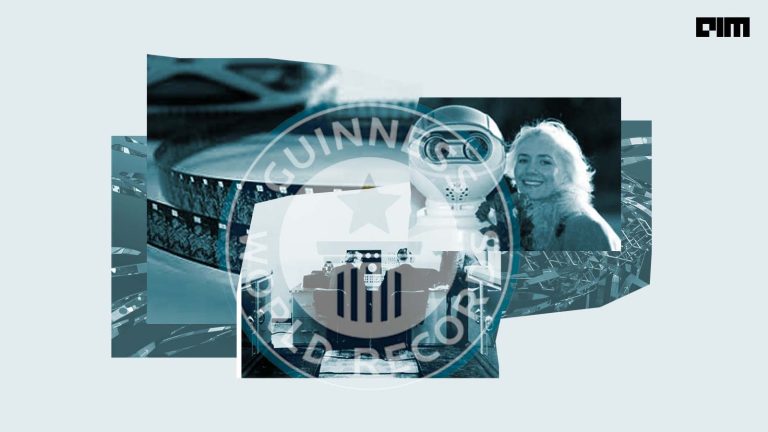The Companies and Intellectual Property Commission of South Africa granted patent to a food container based on fractal geometry invented by ‘Device for Autonomous Bootstrapping of Unified Sentience’ (DABUS). DABUS is an AI system developed by Missouri physicist Stephen Thaler.
The patent application was filed on September 17, 2019, under the Patent Cooperation Treaty. The application identified DABUS as the inventor of the food container and stated ‘the invention was autonomously generated by an artificial intelligence.’
Thaler is a pioneer in the field of AI and programming. His DABUS system is classified as a creativity machine, capable of independent and complex functioning. Patent applications were filed in the US, Europe, Australia, and South Africa. All except South Africa turned it down. The European Patent Office issued a preliminary communication stating the inventor on a patent application must have legal capacity.
The United States Patent and Trademark Office (USPTO) asserted the ‘Application Data Sheet’ with the patent application did not identify the inventor by its legal name. Thaler has now appealed to the District Court for the Eastern District of Virginia seeking the reversal of the USPTO’s decision.
The South African Patent Office’s decision to grant the patent has come as a surprise to the global community. The reasons for this decision are unknown. However, the whole incident has riled up the intellectual property experts. The critics lampooned the decision saying AI lacks a legal standing necessary to qualify as an inventor. Many chalked up the granting of patent to an oversight on the part of the commission, and a few see it as an indictment of South Africa’s patent procedures.




















































































